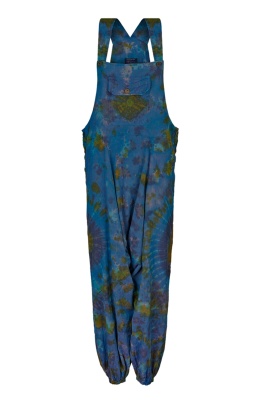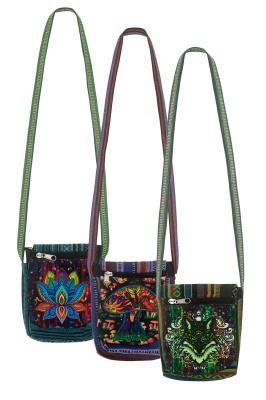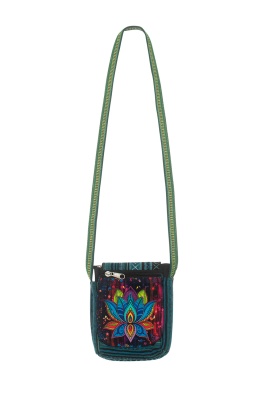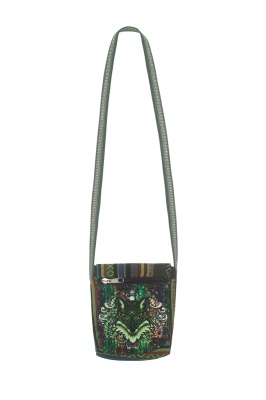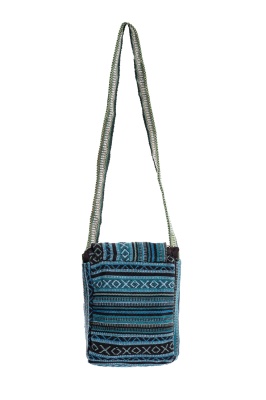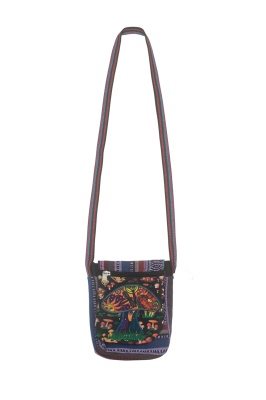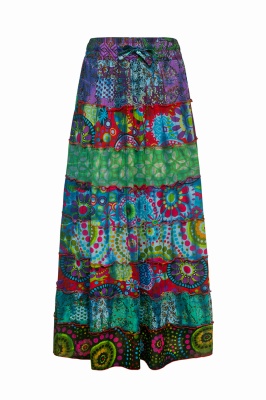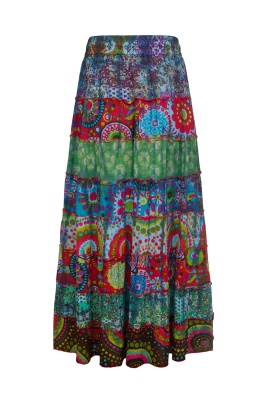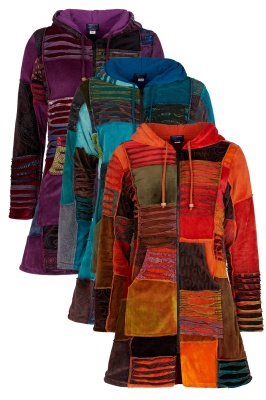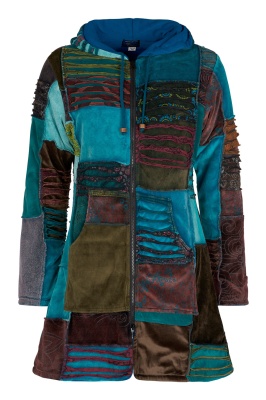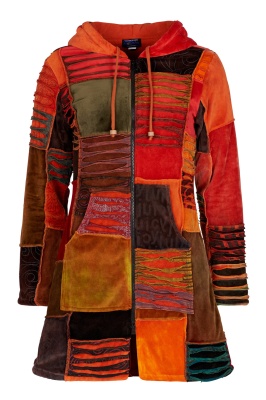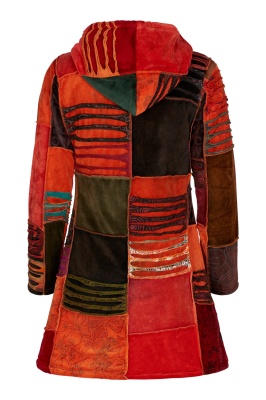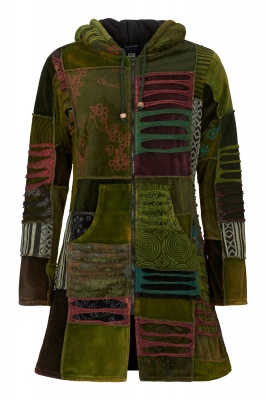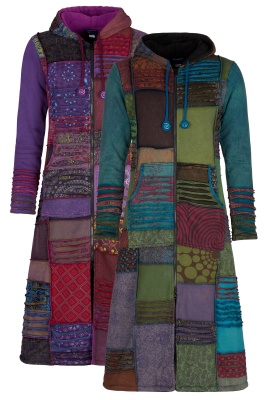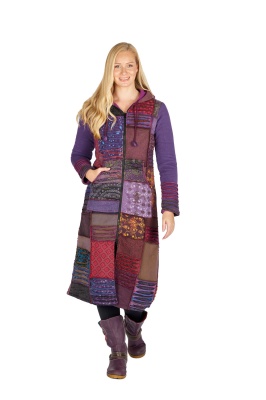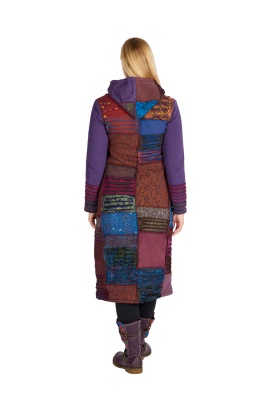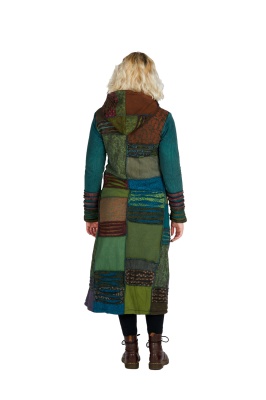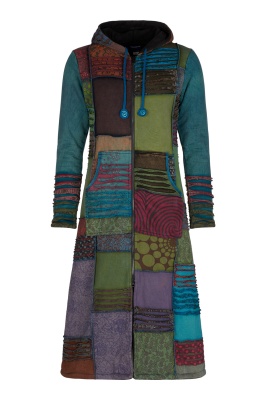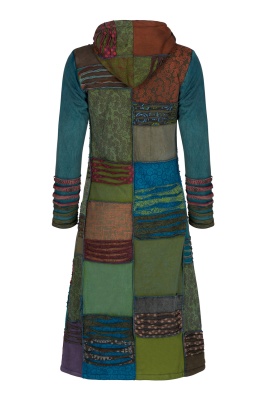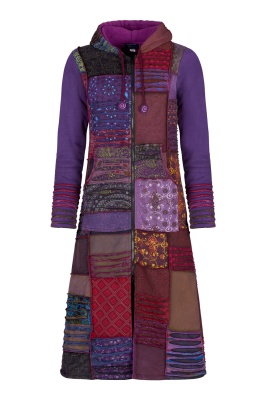About the Pagan Movement – The Joy of Nature
“Paganism sees humanity and the seasons as part of a single whole. Paganism teaches that true well-being for ourselves and for the world in which we live can only be achieved by understanding our relationship with Nature. The rape of the Earth's resources, the devastation of the rain forests, the exploitation of the Earth's natural wealth - these to Pagans are acts of madness.” https://paganfed.org/index.php/paganism/pf-festivals
According to the BBC website around 60,000 Brits say they're Pagan, as revealed by the 2011 Census. Plus there's another 18,000 or so Wiccans, Heathens, Shamans, Sacred Ecologists, Odinists and Druids in Britain. That's a lot of people, and we meet plenty of them at the Pagan festivals we attend around the country every year. They're a wonderful bunch of people, peaceful and kind, so we thought it'd be fun to take a look at the Pagan movement, what it's all about and why people find it such a powerful draw.
What is Paganism about?
Paganism is the nation's biggest non-mainstream religion. So what's it all about? It's a nature thing, a love thing, a peace thing, based on a reverence for the natural world in all its splendour. It's similar to Hinduism in a way, with no founder - divine or otherwise - and a variety of deities. There's no bible or Qur'an-like book to follow, and no cohesive philosophy. The common thread is the divinity of nature, which is why Paganism is often labelled an Earth religion. And what better alter to hang your hat on than a tangible one, a real place that gives us life and nurtures us?
Is it dark and brooding, an occult thing?
Not at all. Paganism isn't about magic rituals or sacrifices. Yes, Wiccans – AKA witches – do spells and collect herbs, but they do it in a way that's very like prayer, with reverence. Wiccans don't practice black magic or devil worship. To some people it's a spiritual framework, to others it's an actual religion, but whatever your view about what Paganism means, it helps you connect more deeply with the natural world as well as with ancient myths and folklore. In a world where commerce is king and we're seen more as consumers than spiritual beings, it's refreshing to get back to the things that really matter in life: our beautiful blue planet and our fellow living beings who live side by side with us.
A spiritual framework that has long been looked down on by major religions
The word 'pagan' was often used as an insult in the past, by people who believed in the mainstream modern religions of Christianity, Islam and Judaism, with their holy books and single deities. Today's pagan movement came to being in the early 1900s, thanks to a widespread cultural fascination with the occult and spiritualism. In 2010 Druidry was finally officially recognised as a religion by the Charity Commission.
Where do Pagans do their thing?
Places of natural beauty are often thought of as Pagan temples. Having said that, paganism is an individualistic thing. There's no set way to worship nature, and no set place for doing it. It's much more free and easy than that. Most Pagans celebrate key seasonal festivals, though, including the solstices. The shortest day of the year – December's Winter Solstice – and the longest in June, are big events in the Pagan calendar. There's also Imbolc, Lammas, Mabon and more to mark in a year-round celebration of nature called the Wheel of the Year. You'll find a comprehensive list of Pagan celebrations here. https://www.thoughtco.com/pagan-wiccan-calendar-4110202
What goes on in a Pagan ceremony?
Pagan rituals and ceremonies are almost always held outdoors, starting off by marking a ritual circle symbolising equality and eternity. Stonehenge and similar ancient sites are popular places for rituals to take place. You can even get married via a Pagan ceremony called a Handfasting, where the happy couple's hands are bound together before they swear to their love. Wiccan rituals, on the other hand, often take place after dark, involving sweeping the ritual circle with a broom to purify it before the ceremonies begin. But whatever brand of Paganism you follow, they're all intended to connect with the divine aspects of the natural world that surrounds us.
Pagan festivals
Here's a list of the best Pagan festivals in the UK, http://www.ukpagancouncil.org/ukpaganevents/ and here's an article looking at the primary sites where Pagans celebrate each year. http://www.telegraph.co.uk/travel/destinations/europe/united-kingdom/articles/summer-solstice-events-and-pagan-sites-around-britain/
If you'd like to get involved, the UK Pagan Council website is a good place to start. http://www.ukpagancouncil.org/ If you want to dress accordingly, we sell some of the most beautiful, unusual Pagan festival clothing you'll find. Come explore our website, and with a bit of luck we'll see you at one of this summer's Pagan festivals. This year we had a stall at the Ely Festival. And we'll be at the Lammas Festival in Eastbourne, a free festival, plus Pagan Pride in Nottingham, Pagan Pride in Southampton and the Artemis Gathering. We also do Witchfest every year, probably our biggest event.


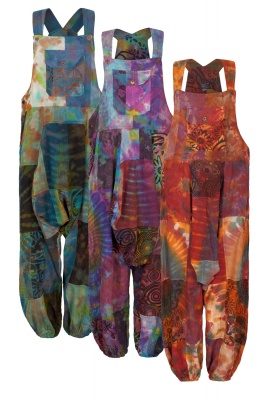
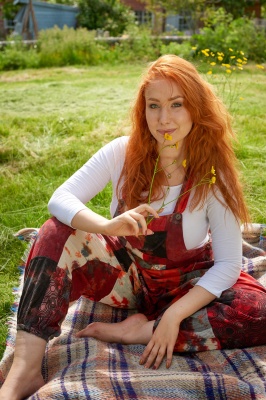
.jpg)
.jpg)
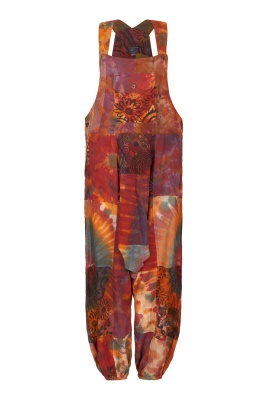
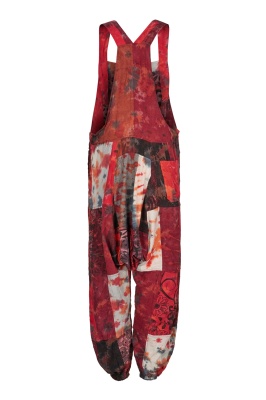
.jpg)


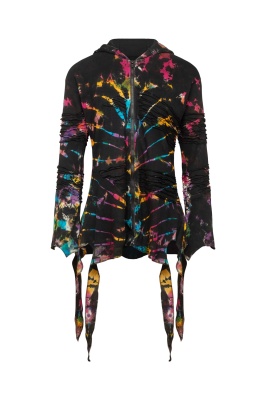

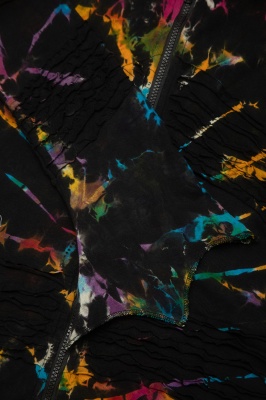
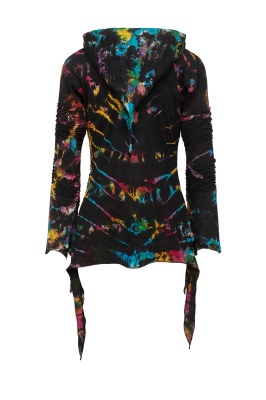
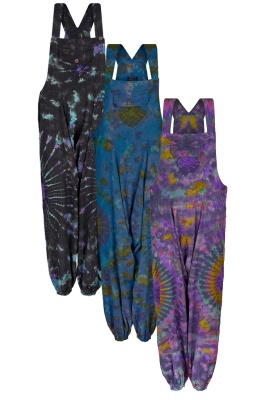
.jpg)
.jpg)
.jpg)
